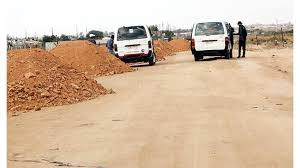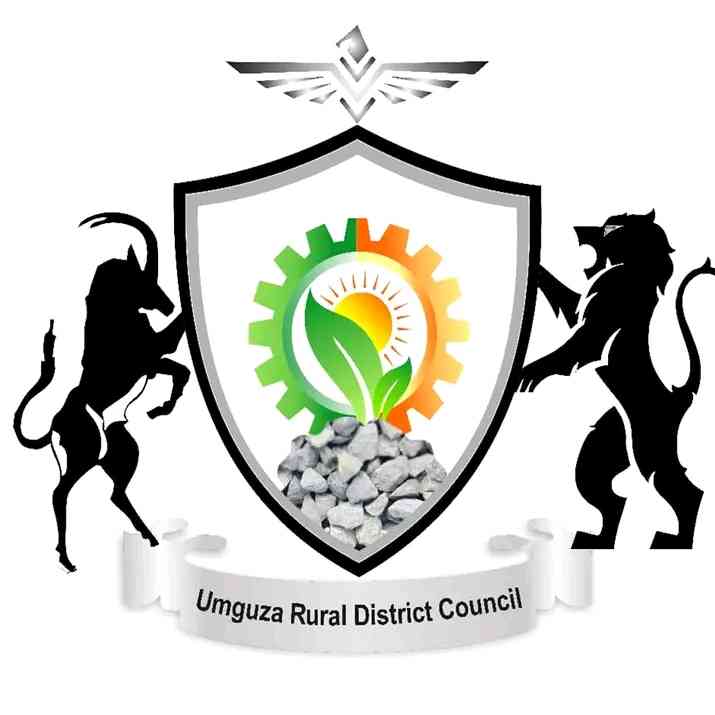
AT LEAST 80% percent of the road infrastructure in Matabeleland South has been severely damaged by torrential rains that have been pounding the country in recent weeks, a Zanu PF lawmaker alleged.
Zimbabwe has been receiving heavy rains in recent months, resulting in widespread destruction of roads and infrastructure across the country.
Matabeleland South has been one of the hardest-hit provinces.
Torrential rains have caused rivers to overflow, destroying bridges, roads and other essential infrastructure.
In Bulilima, roads have become nearly impassable, cutting off communities from basic services and economic opportunities.
Information Communication Technology, Postal and Courier Services deputy minister Dingumuzi Phuti said 80% of the roads in the region have been destroyed by the rains, severely affecting accessibility and trade.
The most critical issue, he said, is the damaged bridge connecting Plumtree to Maitengwe, a key economic corridor linking Zimbabwe to Botswana and South Africa.
“The road infrastructure is in a very bad state, and the worst hit is the bridge that connects Plumtree to Maitengwe,” Phuti, who is also the Zanu PF Bulilima legislator, said.
- I will definitely win 2023 elections: Mwonzora
- We will rule forever: ED says
- Measles death toll hits 650
- Govt challenges youths to participate in tourism
Keep Reading
“We are engaging the responsible authorities, particularly the Ministry of Transport, to address this issue because it is an important economic corridor for cross-border trading.”
He emphasised the vital role cross-border trade plays in sustaining Matabeleland South’s economy.
The Maitengwe Border Post has been instrumental in facilitating trade between Zimbabwe and its neighbours, Botswana and South Africa, helping local communities generate income and maintain livelihoods.
“Cross-border trading is the backbone of the economy in this region,” Phuti said.
“That bridge is critical for ensuring the flow of goods and people.”
Beyond trade, Phuti lamented the human cost of the poor infrastructure, noting that flooding rivers have claimed the lives of children due to the absence of proper crossing points.
He also highlighted how schools in the area have been disrupted by storms and floods, worsening the challenges faced by the local population.
The Maitengwe border post has long been a lifeline for Matabeleland South, enabling cross-border trade that has boosted Zimbabwe’s economy.
Small-scale traders, particularly women, rely heavily on the border to import and export goods such as groceries, textiles, and agricultural products.
The border has allowed for the smooth movement of goods and people, making it a critical hub for economic activity in the region.
However, the current state of the infrastructure threatens this crucial economic link, Phuti said.
He said the damage has underscored the need for urgent intervention to rebuild and upgrade infrastructure to withstand extreme weather conditions.
Phuti called on the government and relevant authorities to act swiftly in addressing the challenges posed by the damaged infrastructure.
He stressed the importance of prioritizing the repair of critical roads and bridges to restore normalcy and support the region’s economy.
“This is a matter of urgency. We need to work together to ensure that the necessary repairs are done to protect lives and livelihoods,” said Phuti.
As the rains continue to wreak havoc, the future of Matabeleland South’s economic resilience depends heavily on timely and effective interventions by the government and stakeholders.









